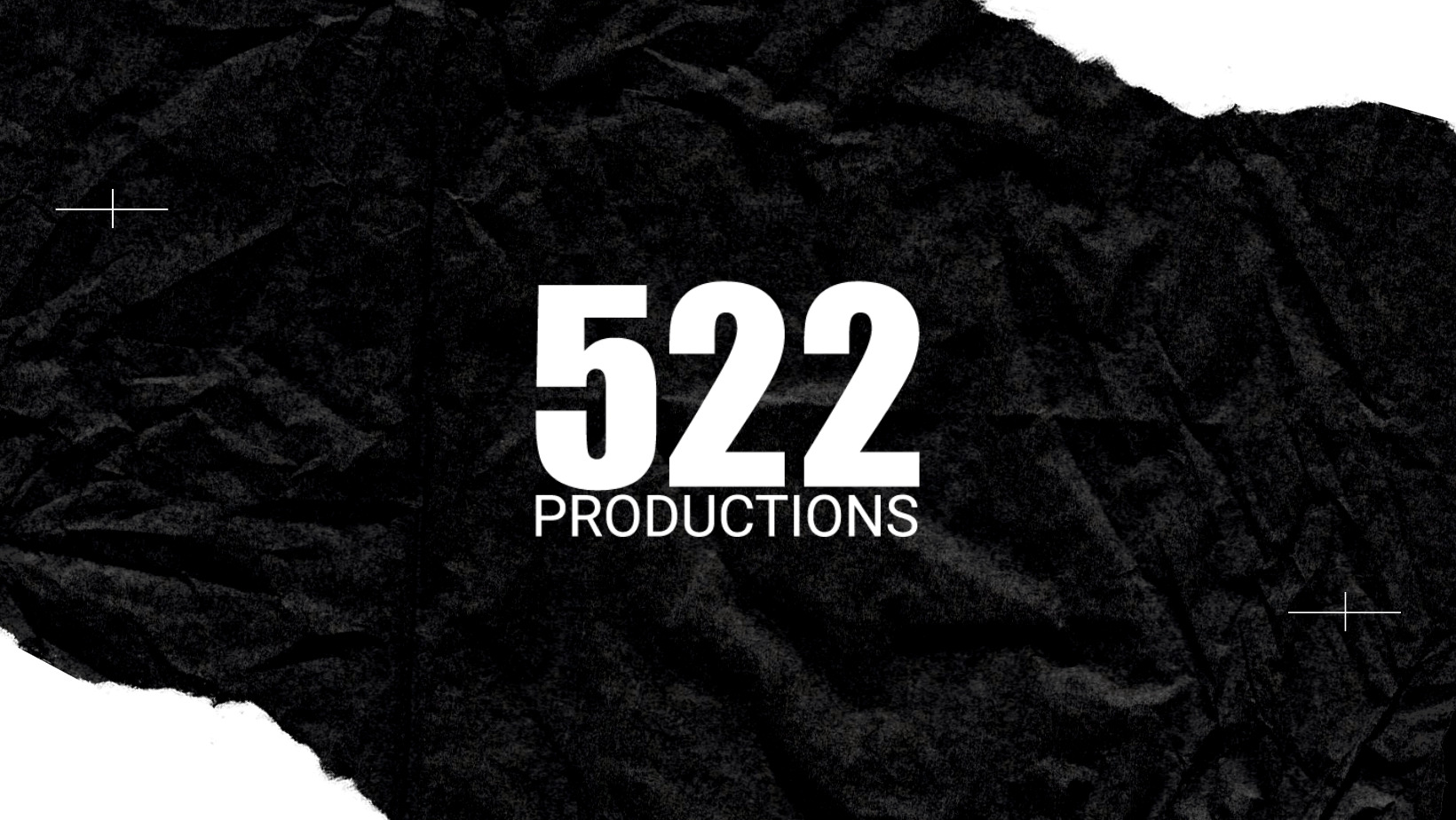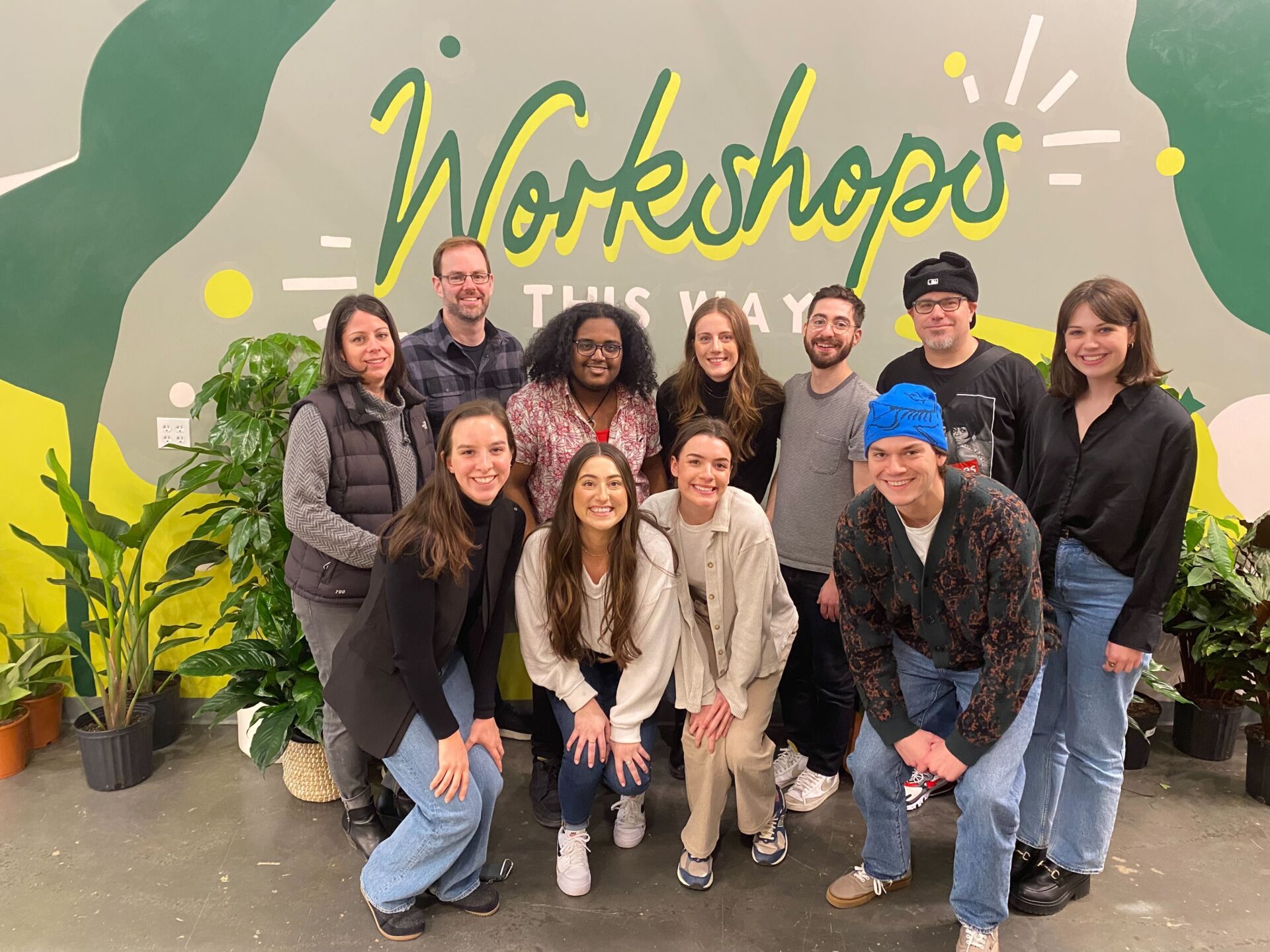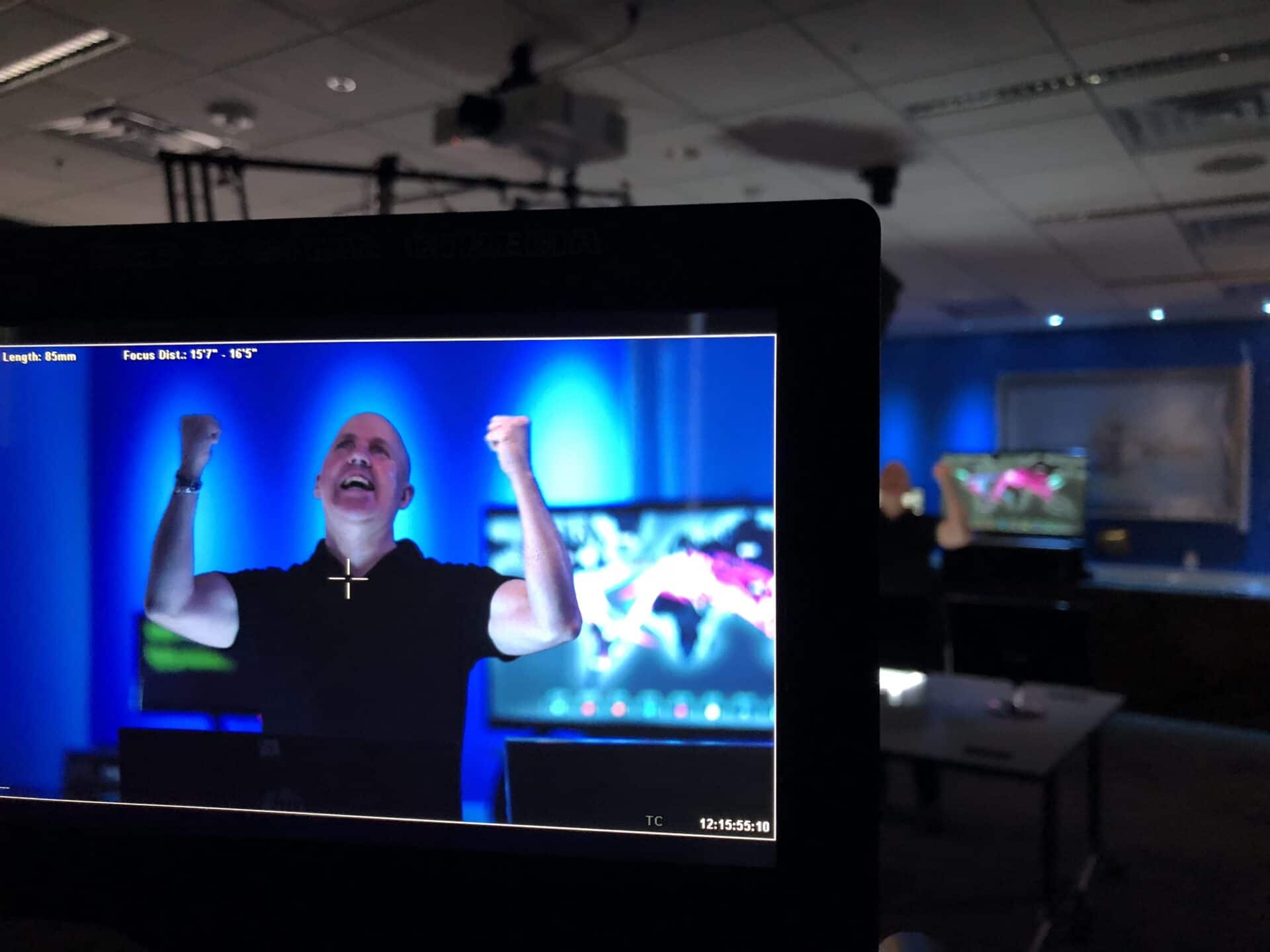Professional or volunteer talent?

July 29, 2013
We’re often asked for our recommendation regarding who to use when hosts are needed in a product video. Here are a few things we consider when asked this question. Knowledge of Material If your video deals with industry specific content, employee volunteers make a great option because they know the product the best. They can […]
PROFESSIONAL TALENT VERUS EMPLOYEE VOLUNTEERS IN PRODUCT VIDEOS
We’re often asked for our recommendation regarding who to use when hosts are needed in a product video. Here are a few things we consider when asked this question.
KNOWLEDGE OF MATERIAL
If your video deals with industry specific content, employee volunteers make a great option because they know the product the best. They can speak about your product with a familiarity that’s hard to fake.
Professional Talent come in cold, and may trip up on specific phrases or acronyms, weakening their position as an authority. This particularly is true in product demos. And while it’s a good idea for the Professional Talent to familiarize themselves with the product prior to the shoot, often times scheduling and logistics prove impossible.
Simply put, there’s no substitute for someone who knows the product inside and out, and has demonstrated its use many times before.
Advantage – Employee Volunteer
DELIVERY OF THE SCRIPT
While an employee should be more familiar with your company and product, they probably don’t know how to memorize a script, or read off a teleprompter. Sometimes Volunteers struggle to keep the material engaging, as they simply aren’t used to delivering informational material.
Professional Talent can help keep “boring” content energetic and “mundane” material engaging. Look for a Professional Talent with prompting experience – you don’t want it to look like they’re reading. But still send the script ahead of time so they have time to familiarize themselves with the content.
If there’s a lot of technical elements to your script, you consider using a Teleprompter. That takes a ton of pressure off your Host.
Advantage – Professional Talent
ON-CAMERA COMFORT
Professional Talent appear in front of the camera for a living. Odds are your employees don’t. Your Host should feel at ease delivering material in front of a crew. Make sure your Host is engaging, and offers a variety of expressions that keep the piece moving.
Too often, the “goofy” office jokester that’s a “natural” freezes when the camera turns on. Your Host needs to connect with your viewer, keep them entertained, and deliver as an authority on the content.
Advantage – Professional Talent
BUDGET
People that act for a living… need to be paid. You can try and coax them to work a deal if your product is amazing, and you can promise that there will be plenty of future activity for them if it goes well… but they’ve probably heard that before.
You want them to be invested in your product, so invest in them. We won’t get into Union v. Non-union Talent in this post, but be prepared to pay at least few hundred dollars for good Talent.
Employee Volunteers should be “free”, but don’t forget to calculate how much time they spend on the video. Remember – your company is paying them for their time.
If you want to encourage company engagement in the video, consider using employees as background extras.
Advantage – Employee Volunteer
TIME LIMITATIONS
If you’re running a tight schedule, you want as few takes as possible to keep the shoot moving. Tight schedules mean there’s more pressure to deliver lines fluidly. Professional Talent shine here.
But not only does this save you time in Production, this also helps during Post Production, as less time is spent cobbling together multiple takes and searching for the best take from a Volunteer as they need a few takes to “warm up”.
Advantage – Professional Talent
With these thoughts in mind, here are a couple extra ideas to make sure your shoot goes as smoothly as possible.
HOLD AUDITIONS
Whether you use Professionals or Volunteers, hold auditions. Set up a camera and a light, and see how that person does with a group of people watching (i.e. judging) them.
Don’t give them false hope either. If you’re positive Johnny is perfect, and would be a “natural” on camera, wait ‘til after the audition to tell him. Don’t back yourself into a corner or create an awkward situation if Johnny bombs.
Professionals are used to auditioning, so bring them in. See first hand what they’d be like to work with and know if you can trust them to learn the material. Plus, they often don’t look like their head shots. Pay attention to if they come early or late, and if they’re prepared. If they treat the audition seriously, they’ll most likely treat your shoot seriously.
POSITION TO SUCCEED
At the end of the day, trust your gut. If the office jester isn’t any good on camera, don’t use them. If someone knows the material cold but has the on-camera personality of a shoe box, don’t embarrass them. There are plenty of reasons you can tell them as to why they aren’t the right fit.
Also keep in mind the office jester might be hard to corral on set. He might joke around too much, and cause your shoot to slow down. They might get nervous, and take a while to get through the material – if that’s the case, kill them with kindness, and help them get through the material. Never let them think they’re doing a bad job.
Professional Talent are used to all sorts of different directing styles, so you should have more freedom here. They are there to do a job. You’re paying them, so there (should be) a professional relationship there – so don’t feel bad if you keep asking them to repeat something.
These are a few of the few of the things we tell our clients to keep in mind when selecting a Host for their video. Anything else we should add? Let us know!





